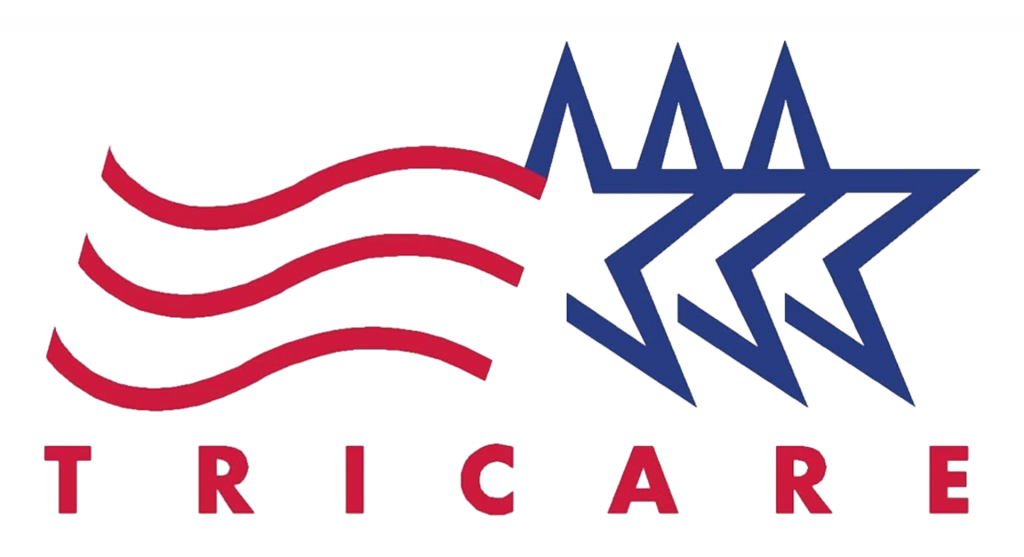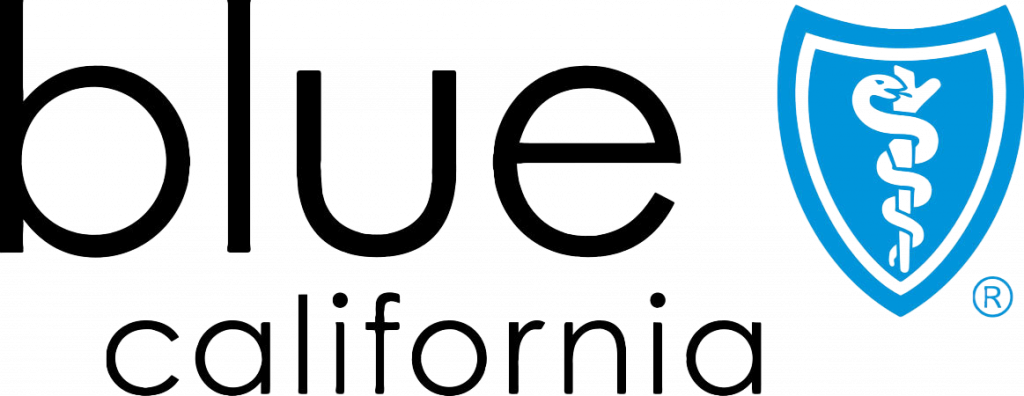
Formerly known as manic depression, bipolar disorder is a chronic mood disorder that is characterized by dramatic shifts in mood, thinking patterns, energy levels, and behavior. Individuals with bipolar disorder will typically experience alternating periods of depression and periods of abnormally elevated mood, referred to as mania. These periods can last multiple days to multiple months, and often have periods of stable mood or euthymia in between. The symptoms of depressive and manic phases differs from person to person, and can vary over time. Episodes may not follow a set pattern, and individuals can experience the same mood state in between periods of euthymia multiple times before experiencing the opposite mood.
During depressive episodes, symptoms are similar to those of major depressive disorder. Individuals may experience persistent feelings of sadness, irritability, anhedonia, and changes in eating or sleeping habits. The first few episodes are more likely to be depressive if onset of the disorder occurs at an early age.
During manic episodes, individuals exhibit increased energy of psychomotor activity, resulting in a highly elevated or irritable mood. To be defined as a manic episode, behaviors must significantly impair the individual’s ability to work or socialize. Manic periods must last at least one week and often continue for three to six months when left untreated. In severe cases, psychotic symptoms may be present, including grandiose delusions that can sometimes lead to violent behavior.
Some forms of bipolar disorder feature a more mild form of mania known as hypomania. Hypomanic episodes last at least four days and consist of similar criteria as mania, but may not significantly interfere with the ability to work or socialize, and does not feature psychotic symptoms. Sometimes, overall functioning increases during hypomanic episodes; some individuals exhibit increased creativity, whereas others show poor judgment or irritability. Typically, individuals find it difficult to see the effects their actions have on those around them, and may often deny that anything is wrong even when confronted by family or friends.
In some cases, individuals experience mixed affective episodes. A mixed state features symptoms of both mania and depression occurring simultaneously, such as having grandiose thoughts while experiencing excessive guilt or feeling suicidal. Individuals who experience mixed states have a higher risk for suicidal behavior, as depressive emotions are often paired with mood swings or low impulse control. Mixed bipolar episodes also frequently occur with comorbid anxiety disorders.
Bipolar disorder affects about 1 percent of the global population. It often co-occurs with other mental disorders, including anxiety, substance use disorders, attention deficit hyperactivity disorder, and personality disorders. Some medical conditions are also more common in people with bipolar disorder, which may be partly related to health risks associated with treatment medications. This includes obesity, type 2 diabetes, migraine headaches, and metabolic syndrome. These contribute to a death risk that is two times higher in people with bipolar disorder compared to the general population.
The symptoms of bipolar disorder vary greatly from person to person, as many people experience different patterns of mood states. Some people will only experience mania or hypomania rarely in their lives. The signs and symptoms of a manic episode include:
Symptoms of hypomania are similar to mania, but are less intense and do not include psychosis. During hypomania, you may feel very good and be able to get a lot done. Individuals experiencing hypomania may not feel like anything is wrong, but friends and family may notice changes in activity levels and mood swings.
The signs and symptoms of depressive episodes are the same as those of major depressive disorder, and include:
If you have thoughts of suicide, call 911 or go to your nearest emergency room for immediate help.
There are four different types of bipolar disorder:
Bipolar I: Bipolar I disorder features at least one episode of mania. Individuals typically experience episodes of both mania and depression, although depressive episodes aren’t necessary for a diagnosis. Depressive episodes usually last at least two weeks, and manic episodes last at least seven days. People with bipolar I may also experience mixed affective episodes.
Bipolar II: With bipolar II disorder, individuals experience both depressive episodes and hypomanic episodes. While hypomania is considered less impairing than full mania, bipolar II is often more debilitating than bipolar I; this is because chronic depression is more common in bipolar II disorder.
Cyclothymia: Cyclothymic disorder is characterized by a chronically unstable mood state. Individuals experience hypomania and mild depression for at least two years, and might have brief periods of euthymia that last fewer than eight weeks.
Unspecified bipolar: If a case of bipolar disorder doesn’t meet the criteria for any of the above types, but still consists of periods of clinically significant or abnormal mood elevation, it is considered an unspecified or other specified bipolar disorder.
The exact underlying mechanisms causing bipolar disorder are not well known, but there are a number of factors that are thought to contribute to developing the disorder. Research indicates that bipolar disorder has a strong hereditary component, with genetic influences accounting for 73-93% of development risk. First-degree relatives of individuals with bipolar disorder have a risk of developing the disorder nearly ten times greater than the general population.
Psychosocial environmental factors also play a significant role in one’s risk level, and individual psychosocial factors likely interact with genetic predispositions. Approximately 30-50% of adults with bipolar have reported traumatic experiences in childhood, which is associated with higher risk of suicide, co-occurring disorders, and earlier onset of bipolar disorder.
In rare cases, bipolar disorder may develop as a result of a neurological condition or injury such as a traumatic brain injury, stroke, multiple sclerosis, HIV infection, porphyria, or temporal lope epilepsy.
Borderline personality disorder (BPD) and bipolar disorder are often confused with each other, although they are completely distinct conditions. BPD is a personality disorder consisting of a chronic pattern of abrupt swings or changes in mood, behavior, and self-image. These swings are often triggered by conflicts with others. Additionally, nonsuicidal self-injury is common in BPD but not in bipolar disorder.
Bipolar disorder differs from BPD in the duration of mood states. Episodes of mania, hypomania, and depression are longer-lasting and can be triggered by stress, medications, substance use, or sleep changes.
Bipolar disorder is a lifelong illness, but there are a variety of treatment options that can help people manage their symptoms. As bipolar disorder features a wide variety of symptoms, there are various treatment options to address different aspects of the disorder. Individuals are also more likely to seek help during depressive episodes. Typical treatment plans for bipolar disorder feature a combination of medications and psychotherapy.
Also called talk therapy or counseling, psychotherapies are usually the first recommended treatment for bipolar disorder. Talk therapy can help patients identify and change troubling thoughts, emotions, and behaviors. It can also offer education and support to individuals and families dealing with bipolar disorder. There are many evidence-based therapy approaches, such as cognitive behavioral therapy (CBT) and interpersonal and social rhythm therapy (IPSRT), a newer family-focused therapy designed specifically for treating bipolar.
Mood stabilizers such as lithium and some anticonvulsants are often the front-line treatment option for those with bipolar disorder. Lithium can reduce the risk of suicide and is preferred long-term, however it is also associated with health risks such as kidney erosion and thyroid dysfunction. Valproate is commonly prescribed to treat manic episodes. Mood stabilizers are effective for long-term maintenance but do not treat acute bipolar depression.
For short-term treatment of manic episodes, antipsychotics are more effective than lithium or anticonvulsants.
Antidepressant medications do not provide any benefit over mood stabilizers and aren’t recommended for use alone to treat bipolar disorder.
As an alternative to antidepressants for treating depressive episodes, TMS is a non-invasive brain stimulation process that triggers neural activity with magnetic pulses. TMS can provide long-lasting relief for depression, making it suitable for individuals who experience longer depressive episodes. Side effects of TMS can include feeling a knocking sensation or scalp sensitivity during treatment, as well as mild headache that subsides within a few hours.
Ketamine is a relatively new alternative medication for depression that is extremely safe and can cause lasting changes in brain chemistry that lead to long-term relief from depression symptoms. This is also a good alternative to antidepressants for those who struggle with bipolar depression.
ECT is an alternative option for severe cases of depression in which electrical impulses are administered to the brain. During ECT, the patient is given muscle relaxant and anesthesia. Side effects of ECT can include disorientation, confusion, and memory loss. Despite its bad reputation, ECT is much more safe and effective now with modern advances in ECT devices and methods. We do not offer ECT at Bespoke Treatment.
At Bespoke Treatment, we employ a holistic approach to mental health treatment. To start, we conduct a thorough evaluation of your symptoms, overall health, and lifestyle to confirm your depression diagnosis. We then create a customized treatment plan to alleviate your symptoms and restore your health and wellness. There are many considerations to make when choosing a treatment for bipolar depression, such as other medications and treatments being used for manic episodes or mood stabilization, as well as your individual experience with mood states.
At Bespoke Treatment, we employ a holistic approach to mental health treatment. To start, we conduct a thorough evaluation of your symptoms, overall health, and lifestyle. We then create a customized treatment plan that is tailored to your specific goals and needs to alleviate your symptoms and restore your health and wellness.
We offer FDA-approved and alternative treatments for depression if the traditional approach hasn’t worked for you. If you have experienced side-effects from medication, or just haven’t found the relief that you desire, we have a variety of innovative, short-term options for you, including transcranial magnetic stimulation and ketamine therapy.
The alternative treatment options we offer, such as TMS and ketamine infusions, are also applicable to other mental disorders. For instance, if you suffer from anxiety, OCD, or PTSD, we want you to know that our treatment methods show promise for those conditions as well.
Call Bespoke Treatment or request a consultation online today for expert, personalized treatment for your depression.









